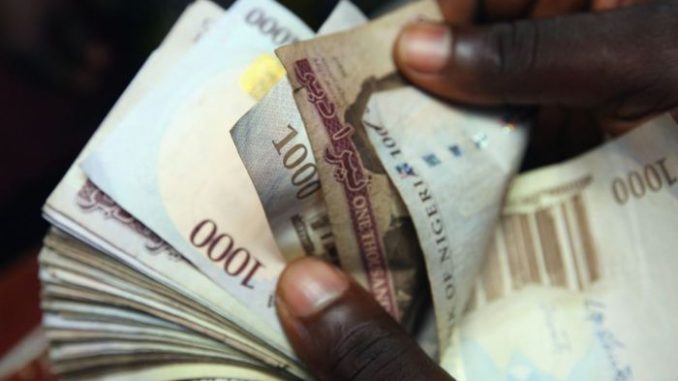
Naira Among Worst Performing Currencies in Africa: An In-Depth Analysis
In recent years, the Nigerian Naira has struggled significantly against major currencies, positioning itself among the worst-performing currencies in Africa. This decline has raised concerns about the state of the Nigerian economy, foreign investment, and the livelihoods of millions of Nigerians. This blog post delves into the factors contributing to the Naira’s poor performance and the broader implications for the country.
Understanding Currency Performance
Currency performance is often evaluated based on its exchange rate against other currencies, inflation rates, and the overall economic stability of the issuing country. A weakening currency can impact import prices, inflation, and international purchasing power, leading to a ripple effect on the economy.
The Current State of the Naira
As of now, the Naira has seen a significant depreciation against major currencies like the US Dollar, Euro, and British Pound. Factors contributing to this decline include:
- Inflation Rates: Nigeria has faced rising inflation rates, which have eroded the purchasing power of the Naira. High inflation often leads to a decrease in currency value as consumers require more money to purchase the same goods and services.
- Oil Dependency: Nigeria’s economy heavily relies on oil exports, which account for a significant portion of government revenue and foreign exchange earnings. Fluctuations in global oil prices directly affect the Naira’s stability. When oil prices drop, the country’s foreign exchange reserves deplete, leading to a weaker Naira.
- Foreign Exchange Reserves: The Central Bank of Nigeria (CBN) has struggled to maintain sufficient foreign exchange reserves to support the Naira. As reserves dwindle, the CBN’s ability to intervene in the currency market decreases, leading to further depreciation.
- Political Instability: Political uncertainties and governance challenges have also played a role in the Naira’s poor performance. Issues such as corruption, policy inconsistency, and a lack of confidence in government institutions can deter foreign investment, putting additional pressure on the currency.
- Trade Imbalance: Nigeria has faced a persistent trade imbalance, with imports consistently exceeding exports. This deficit creates an excess demand for foreign currencies, further weakening the Naira.
Comparative Performance in Africa
When comparing the Naira to other African currencies, it becomes evident that Nigeria’s economic challenges are not isolated. However, countries such as South Africa, Kenya, and Ghana have shown more resilience, maintaining relatively stable currencies despite facing their economic difficulties.
- South African Rand (ZAR): The Rand has shown stronger performance, supported by a diverse economy and significant foreign investments, particularly in mining and manufacturing.
- Kenyan Shilling (KES): The Shilling has remained stable due to robust agricultural exports and a growing technology sector, attracting foreign investments.
- Ghanaian Cedi (GHS): Although the Cedi has also faced challenges, the country’s efforts to diversify its economy and improve governance have contributed to a more stable currency performance compared to the Naira.
Implications of a Weak Naira
The consequences of a weak Naira extend beyond just currency exchange rates. Some of the broader implications include:
- Rising Import Costs: As the Naira depreciates, the cost of imported goods rises, leading to increased prices for consumers and businesses. This can exacerbate inflation, affecting the overall cost of living.
- Diminished Foreign Investment: A weak currency can deter foreign investors, as they may perceive the economic environment as unstable or risky. This can lead to reduced capital inflow, further hindering economic growth.
- Impact on Savings and Investments: With a declining currency value, the real value of savings diminishes, leading to lower consumer confidence and reduced spending. This can stifle economic growth and development.
Conclusion
The Naira’s status as one of the worst-performing currencies in Africa underscores the pressing need for comprehensive economic reforms in Nigeria. Addressing issues such as inflation, oil dependency, trade imbalances, and political stability will be crucial for stabilizing the currency and fostering a more resilient economy.
As Nigerians navigate these challenging economic waters, it is essential for policymakers to implement strategies that promote diversification, attract foreign investment, and enhance overall economic stability. Only through collective effort and innovative thinking can Nigeria hope to reclaim the strength of the Naira and secure a prosperous future for its citizens.
Stay informed as we continue to monitor the developments surrounding the Naira and the broader Nigerian economy.

Leave a Reply